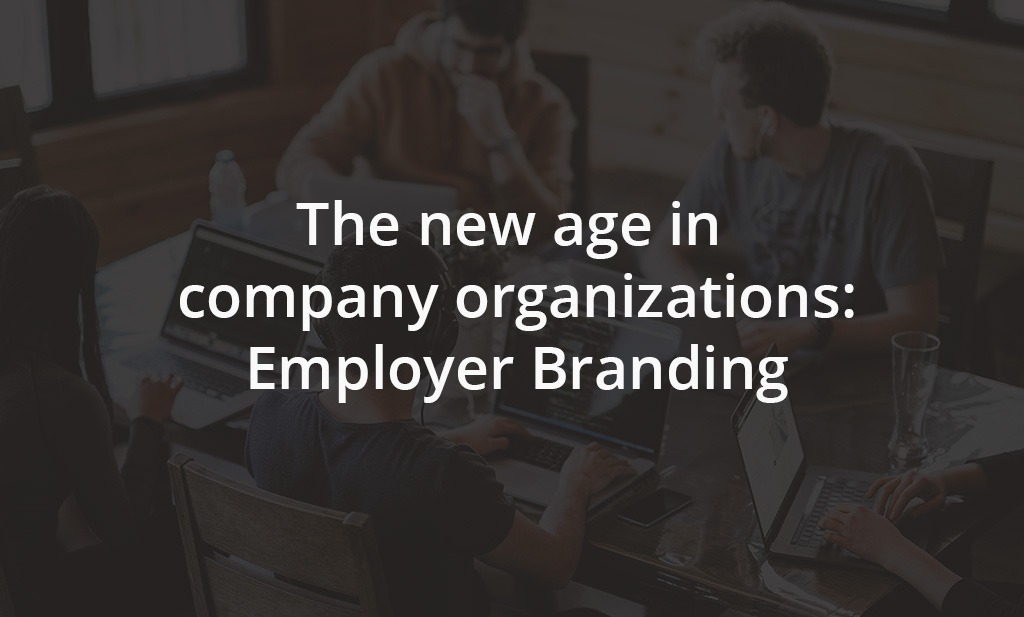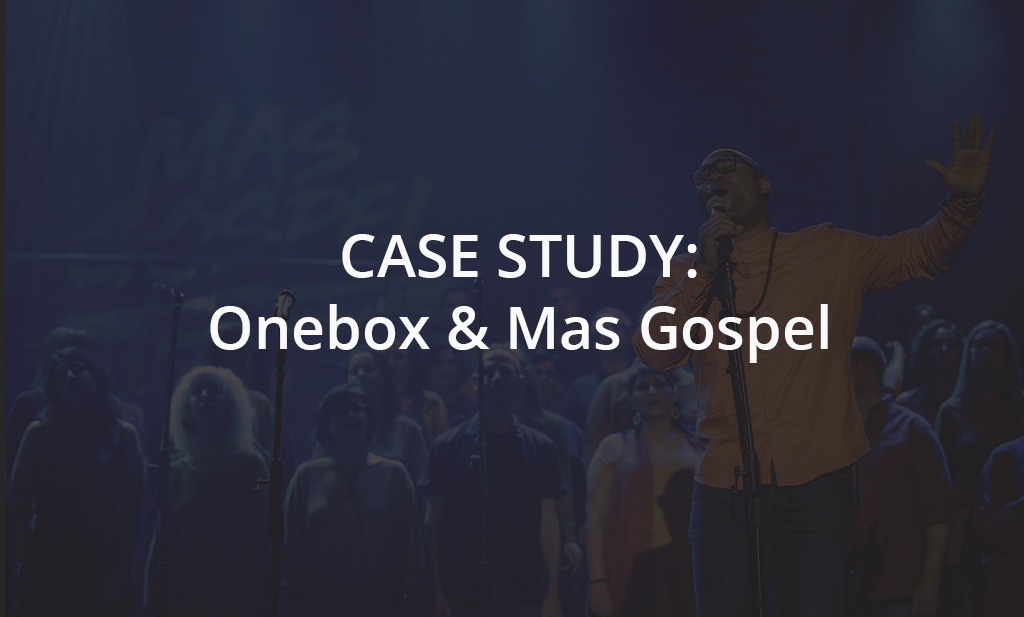
The importance of the loading speed of your website is essential in a generation of digital natives. Where buying online has gone from being a trend to be one more sales channel in our daily life. Consumers are currently looking for a quick online shopping experience; more than 3 seconds of waiting for a website to load, represents a possible loss of revenue. Why should possible costumers waste time on a website, if they are one click away from finding the same thing in another one that takes less time to load?
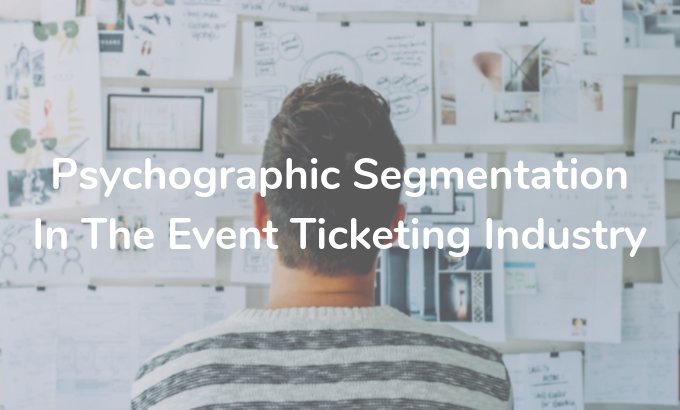
Competition is fierce within the event industry. The number of entertainment possibilities is endless: ranging from football games, museum exhibitions and theatre plays to meetups, social media and Netflix. All this puts a lot of pressure on marketing and sales. In fact, less than one-quarter of businesses are happy with their conversion rate.
A key factor in keeping conversion rates high, and an area many businesses lack an understanding of, is the personalities and attributes of event attendees. Yes, it is true that a good marketer usually knows the superficial demographic data of their audience and has a rough idea of who they are, but few people are able to truly understand their attendees on a deeper, personal level. This makes it hard to communicate, connect and build relationships with event participants. In order to solve this issue, successful event organisers are increasingly turning to psychographic segmentation. Read More
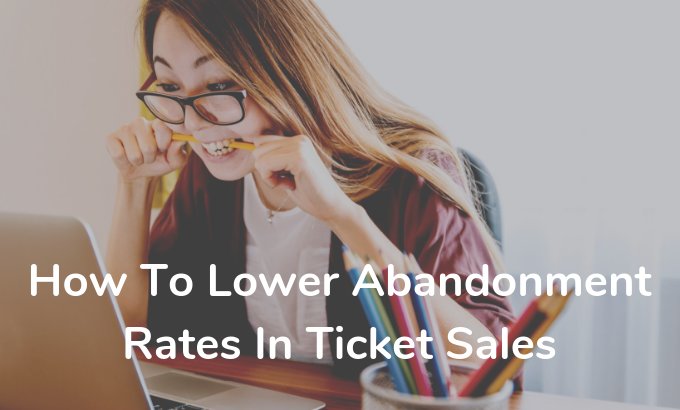
High cart abandonment rates are a major challenge for any company that sells tickets – whether they’re for sports events, museums, theatres or other entertainment spectacles. General industry data demonstrates that the figures for shopping cart abandonment could sit anywhere between 55% and 80%. What’s all the more worrying for event organizers is that average abandonment rates are in fact on the rise across industries – jumping from 59% in 2006 to 69% in 2017. Given these steadily elevating figures, abandonment rates are clearly having a consequential effect on your conversion rates, and ultimately, ticket revenues. In fact, improving your abandonment rate by 10% could result in a 30% boost in tickets sold through greater conversion rates (assuming that you haven’t sold out your event, of course). The impact of better abandonment rates on profit margins per ticket sold could still be maximised too, since some of the measures to reduce abandonment rates aren’t very budget-friendly. But why are so many people not completing purchasing processes and how could organisations boost their rates? Here is a quick rundown: Read More
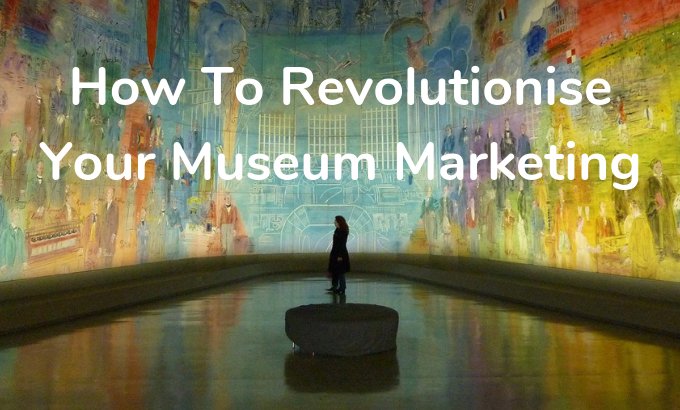
Museums are incredible cultural assets, with the power to open minds and educate. They can also generate substantial profits, with recent figures showing that US museums generate more than 13 billion U.S. dollars in revenue annually. However, the last few years have seen a drop in museum attendance figures. Between 2014 and 2016, the number of overseas visitors to UK museums dropped by around 1.4 million. This was accompanied by a 6.9% decrease in educational visits and a 6.2% decrease in visits to government-sponsored museums. The digital age offers endless opportunities for online entertainment, as well as better publication of the constant stream of cultural activities for customers to choose from, whether they’re in their hometown or on holiday. This means that fewer people each year are experiencing the transformative power of museums, meaning sales drops for museums and lower profits too.
So what’s the answer to continuing to attract and retain customers at your museum? Read More
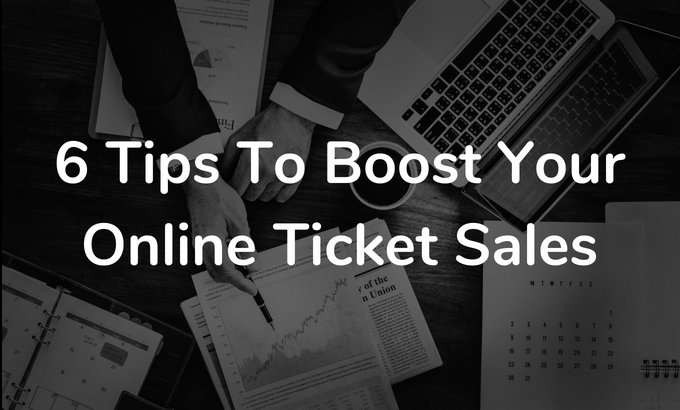
Whether you’re an art gallery, museum, event or venue, when it comes to ticket sales, the golden rule is the sooner the better. However, customers tend to wait until the last minute to buy, or simply get their tickets on the door. In fact, a recent study showed that for performances and cultural events, around 29% of tickets tend to be sold the day of the event or the day before, which rose to 31% for sports events. Those last minute sales mean stress and last minute work that distract from your event or exhibition, and ultimately lead to lower sales figures in the long run. That means you’ll want to minimise on-the-door and last minute bookings as much as possible. Read More

If you’re running an event, whether it’s a music festival, a sports competition, an exhibition or play, you might have considered a ticketing distribution system. Indeed, implementing a whole new system is a big step that shouldn’t be taken lightly and needs careful consideration. That said, a ticketing distribution has a number of crucial benefits that could mean the difference between failure and success for your event. Let’s take a look at what you stand to gain from leveraging a ticketing distribution and the opportunities it opens for you as an organiser. Read More

The FIFA World Cup is the biggest sports event in the world. Taking place every four years, each new edition has been known to break records for television viewing figures around the world. For example, the 2014 FIFA World Cup reached 3.2 billion viewers, 1 billion people watched the final game alone, and on average 187 million fans tuned in to follow a match in real-time. Not even the Olympic Games, the Superbowl or the Champions League Final come close to this hype. With so much at stake, it’s crucial that FIFA get their football ticketing strategy right, and with the world cup taking place every 4 years since 1930, they’ve had plenty of experience in the field. So, with the stage now set for the world’s best football players to showcase their skills, let’s take a look at the ticketing best practices and trends we can learn from this prestigious tournament. Read More

About us
Onebox is a leading company in technology development for sale tickets of entertainment and leisure activities located in Barcelona. Onebox was born with the aim of giving event organizers a full control over their events, thanks to an innovative platform that allows them to manage their ticket sales in a centralized system.

